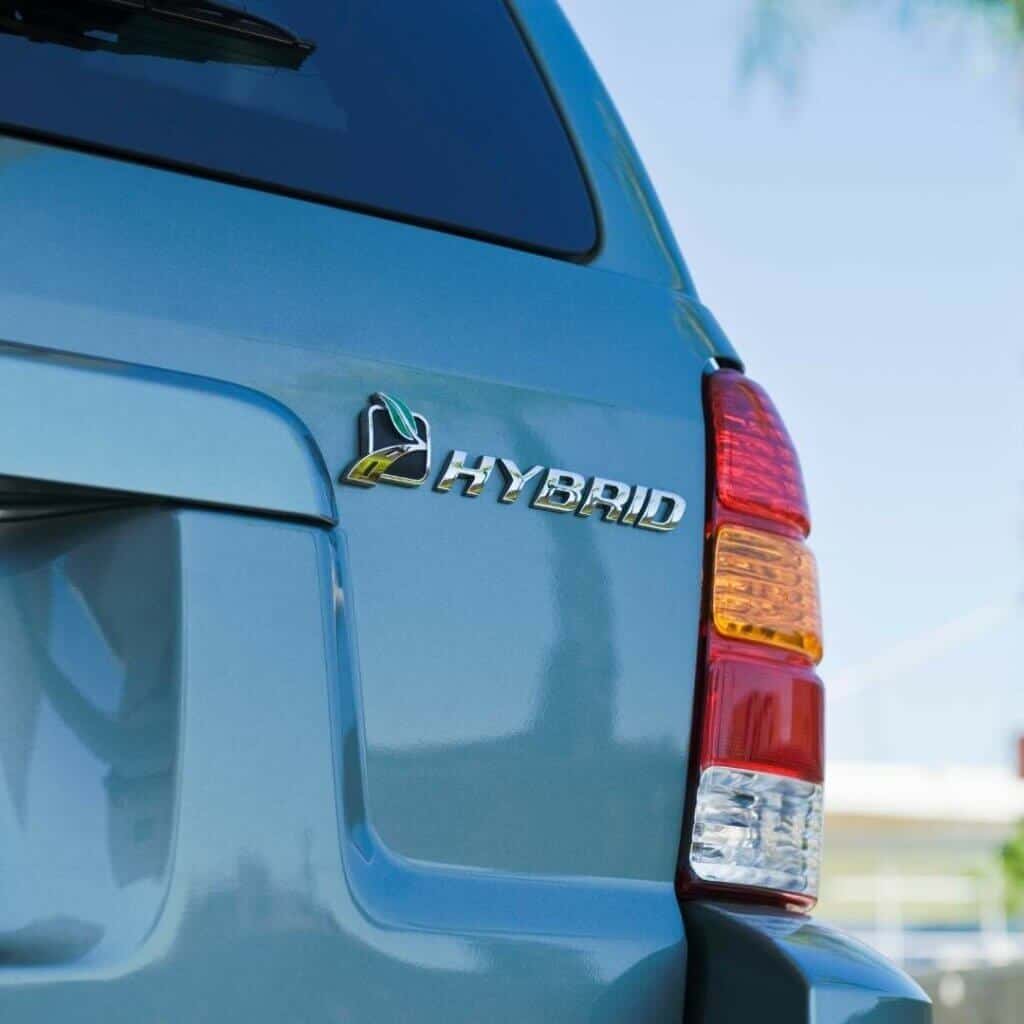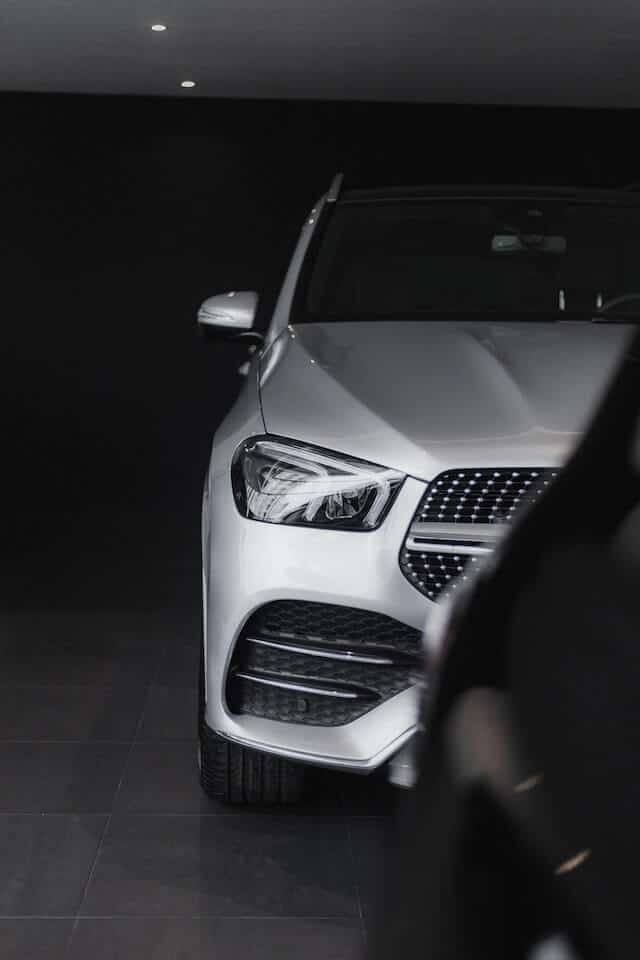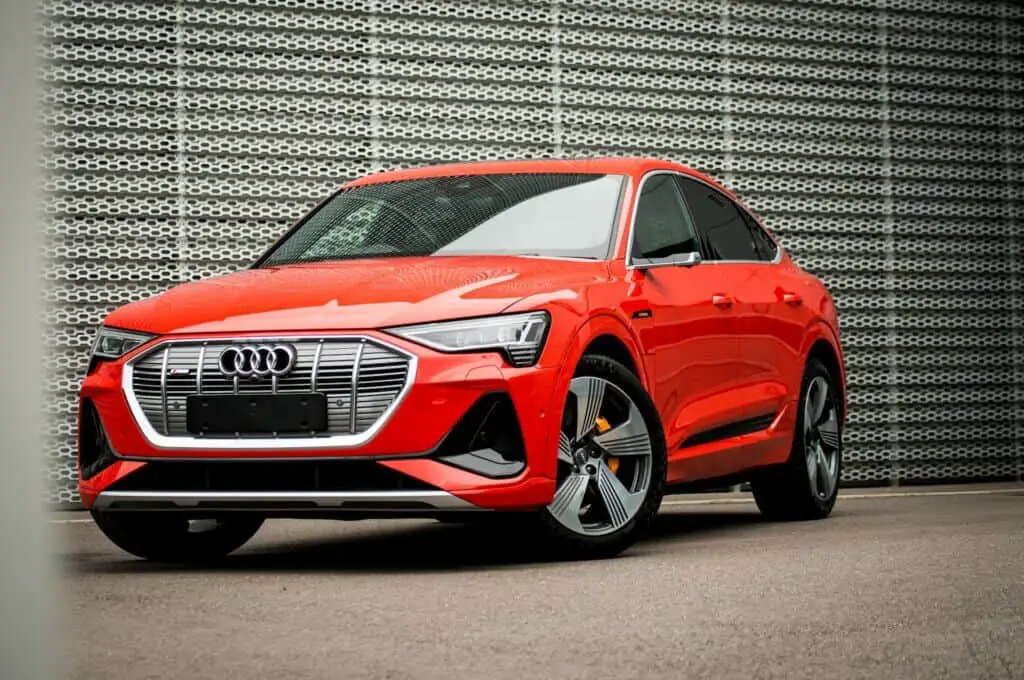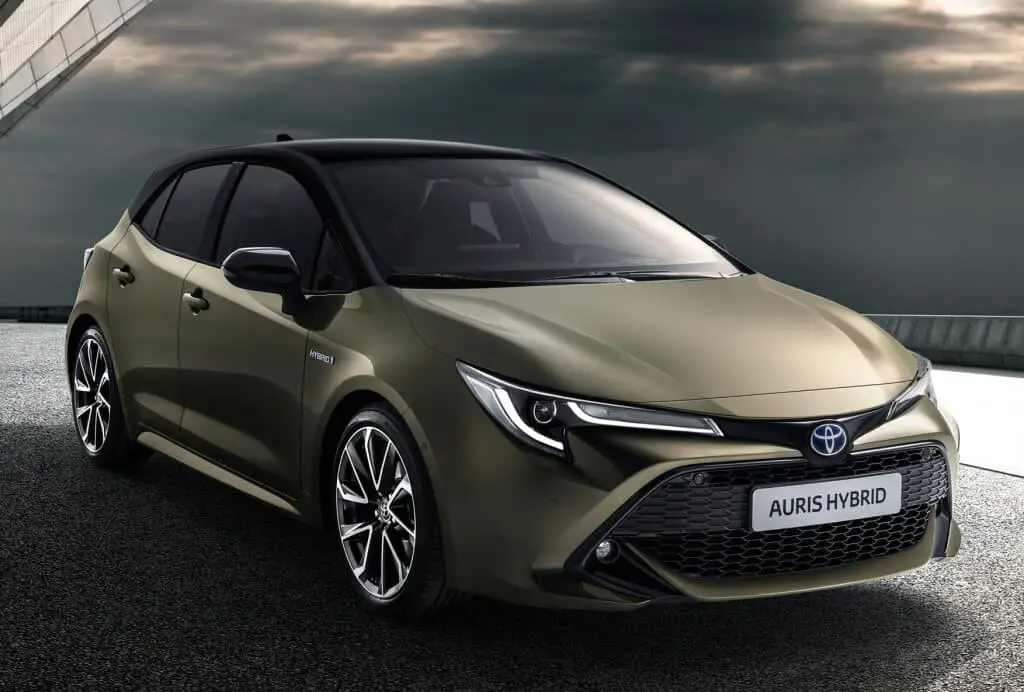Are you familiar with the Honda Vezel Hybrid problems?
Honda Vezel is a well-known SUV that has been in production since the late 1990s. It is sold as the Honda HR-V for the export market. The Honda Motor Company unveiled the first hybrid version of this vehicle in 2013.
The most recent model for 2021 is a fantastic vehicle powered by Honda’s cutting-edge two-motor hybrid power-train technology and offers a balance of responsive performance and efficiency.
The 1.5 liter inline 4 DOHC i-VTEC engine powers the Honda Vezel. For a vehicle of this size, the engine’s output of 129 brake horsepower and 155 Newton-meters of torque is more than sufficient. Moreover, since it’s a decent drive, acceleration and overtaking don’t feel sluggish at all.
The Honda Vezel’s ability to use less fuel is its main selling feature. Given that it is an “SUV” and not a hybrid, you get roughly 15 kilometers per liter, which is extremely amazing. Additionally, the Vezel consumes more fuel than most crossover SUV rivals.
However, the hybrid version of the Vezel, which can achieve 20 km per liter of fuel, is always an option if you want even better fuel efficiency. But, since it is more expensive, that entails paying more upfront.[1]
The inside of the new Vezel hybrid is intended to provide a sense of space and airiness, with levels of comfort and significantly broadening the sub-compact SUV niche.
The hybrid technology incorporated in the car offers a great user experience. In addition, the brand-new vehicle comes standard with Honda Sensing for the first time. It provides a vast range of manufacturing sophisticated safety technologies and driver assist systems.
However, just as with any other vehicle, the Honda Vezel hybrid has its share of problems. There have been several recurring issues ranging from fire-related problems to software control and gearbox issues.
In addition, the converter unit’s capacitor used to control the engine start-stop mechanism was also discovered to be defective. This posed a serious risk in which the engine idling stop mechanism overheated and started a fire.
Honda Issues Vezel Hybrid recalls
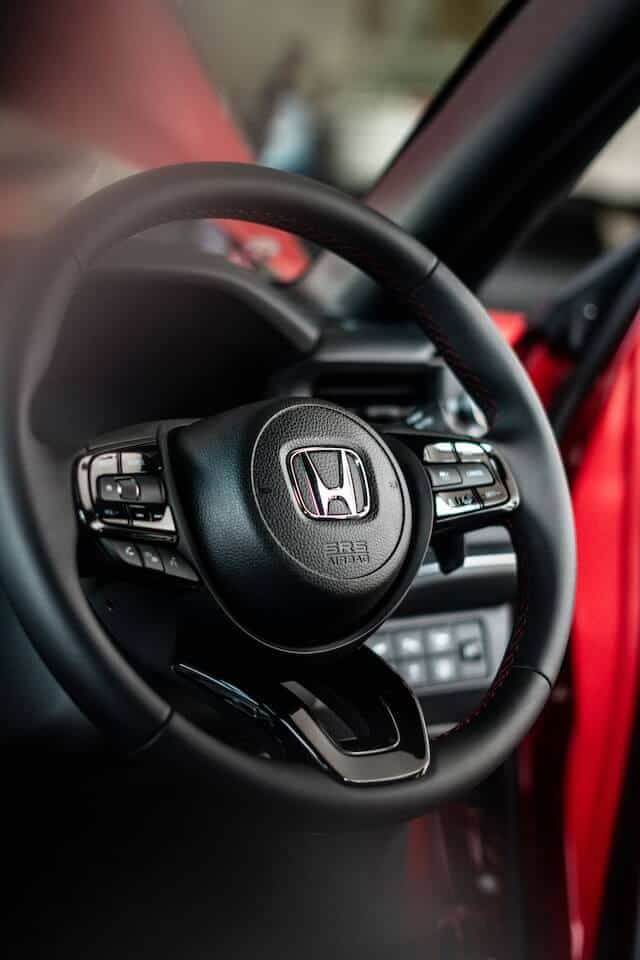
As a result of these problems, Honda Motors Company Limited has issued a recall for the Honda Vezel hybrid vehicles up to five times. These recalls were all made to rectify various issues, including the possibility that the engine control unit’s (ECU) incorrect software would have caused unstable engine rotations and engine stalls.
Moreover, Faulty programming of the transmission driver unit (TDU) likely prevented the automobile from moving. [2]
There were many instances of fire connected to Honda car control systems at the beginning of 2020. As a result, the Honda Corporation issued a safety recall for the Vezel 1.5 Petrol Model to address the problem. There were additional recalls in 2013, 2014, and 2016 to address other issues.
Honda Vezel Hybrid Problems
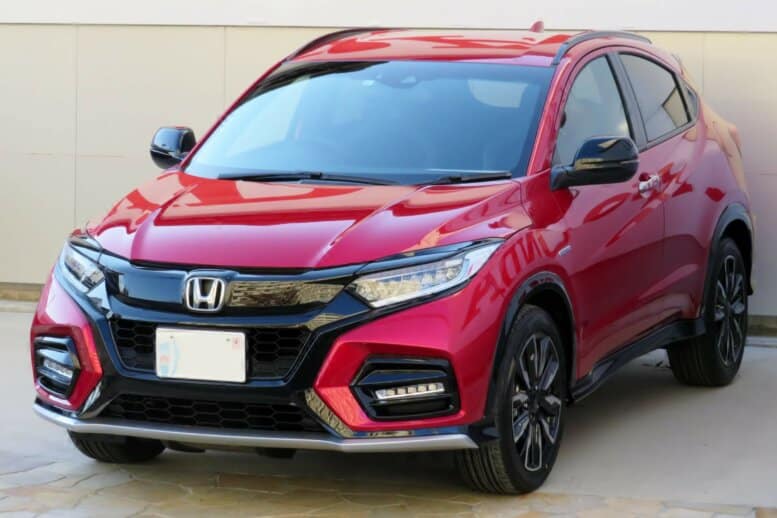
- Dual-clutch transmission (DCT) problems
They recalled over 80,000 units of its new Jazz Hybrid hatchback and all-new Vezel small crossover due to an issue with its seven-speed dual-clutch automatic transmission (DCT).
Honda said there is a chance that the software program in charge of the seven-speed DCT, which was created to increase fuel efficiency, could cause a delay in gear selection or possibly fail. Between July 2013 and February 2014, 81,353 Jazz and Vezel Hybrid cars built in Japan were affected by the issue.
Affected cars typically require more time to re-accelerate or start to move. Most affected models were from the beginning of production to February 2014. As a result, Honda Motors in Japan had to revise all later models. To know if your car had a recall to be fixed, you needed to check the door jamb (driver’s side) and stickers corresponding to each recall.
With the two prior precautionary recalls in October and December 2013, Honda claims that this latest recall marks the third time the business has encountered problems with the seven-speed DCT automatic transmission. [3]
Honda fixed the issue by reviewing each DCT’s gear change history. Honda changed the DCT part for cars whose history of gear changes showed that the gears weren’t engaged.
This was carried out to minimize the risk to the DCT’s internal components. On February 21, 2014, Honda started using the new control program.
The corporation gave vehicles with a history of non-gear engagement usage recommendations as a temporary measure before changing the software control program.
Also, Honda held deliveries of all impacted models until the revised software was fully installed. Further, it took the required steps to halt customer deliveries of the affected models until the new program was implemented.
- Overheating issues
The overheating issues occur when you drive for long in the sport mode within heavy traffic. The engine keeps running and heats the clutch system. Honda Vezel hybrid vehicles typically use brake oil, also called clutch oil, to cool their transmission. Dot 4 fluid is hydrophilic, which means it occasionally absorbs moisture.
It eventually runs out of capacity to absorb heat, which causes the transmission to overheat. When you encounter an overheating error in your car, you should stop for about an hour to allow the vehicle to cool down [4].
However, the best action would be to replace the oil immediately. The oil is located in a container under the air box. You have to detach the air box, after which you will discover two bottles with caps.
Disconnect the old one and install the new one. Your vehicle will require about 300 milliliters of Dot 4 fluid. It’s not advisable to perform this task in a dusty location.
Though the Honda Company recommends changing this fluid at the 40,000km limit, users in regions with cold weather conditions can do it sooner. For areas with hot weather conditions, it is recommended to change the oil at the 20,000km limit or in between.
- Acceleration problems
Most often, the issue arises when running through congested traffic. Changes from first to second gear, in particular, take a long time [5].
As a result, your automobile can accelerate slowly and jerk or hesitate when you press the accelerator. However, there are several reasons why the issue may exist, including the following:
- Failure of the throttle sensor: Regardless of whether you press or release the pedal, the speed will not change if the throttle sensor fails.
- Fuel system failure: The engine receives fuel from the fuel system. An inefficient fuel pump or fuel injector might cause issues with acceleration.
- Faulty spark plug: A worn spark plug can’t ignite the gasoline and air mixture fast enough.
You will need to contact a mechanic to diagnose and fix this problem since you cannot solve it on your own. You should fix the issue immediately because it may trigger further problems that might compromise the general condition of your car.
- Engine Start-stop mechanism failure
The Honda Vezel hybrid has an engine start-stop mechanism for turning off the engine when the car is stopped. The buck-booster converter unit’s capacitor, which controls this feature, was deemed insufficient.
This was when the issue started. There was a real danger that this would cause the idling stop mechanism to overheat and catch fire . The buck booster converter, located on the left under the dash, is the component failing.
The buck-boost converter unit must be replaced for those afflicted by this issue. Unfortunately, numerous automobiles were impacted, and some Vezel owners had problems finding the replacement parts needed to rectify the issue.
Related: Honda Jazz Hybrid Problems
Conclusion
There is no indication that the HR-V will in any way disrupt Honda’s reputation for dependability. There haven’t been any recalls for the most recent HR-V, and owners have expressed great satisfaction with its simplicity.
The three-year, 90,000-mile warranty for the HR-V is included as standard equipment. This includes breakdown insurance and may be extended for a further fee of up to three years.
The HR-V, Honda’s compact SUV, competes with models like the Toyota C-HR and Volkswagen T-Roc. Its most recent iteration has undergone a thorough makeover and is currently only available as a hybrid.
The HR-V is now a more competitive option for buyers with a $30k budget thanks to a new design, several upgrades, and a wealth of standard equipment.
Read Also: Toyota Chr Hybrid Problems
Nevertheless, the HR-V has competitors that are also worth taking into account. The Peugeot 3008 and Citroen C5 Aircross, both older but with turbocharged engines and even more eye-catching looks, came to mind right away.
The e:HEV is the HR-V to look at if you wish to stick with Honda. Despite its high price, its hybrid drivetrain is likely capable of providing the levels of performance, refinement, and efficiency that today’s customers are looking for.
Read Next: Honda Shuttle Hybrid Problems


